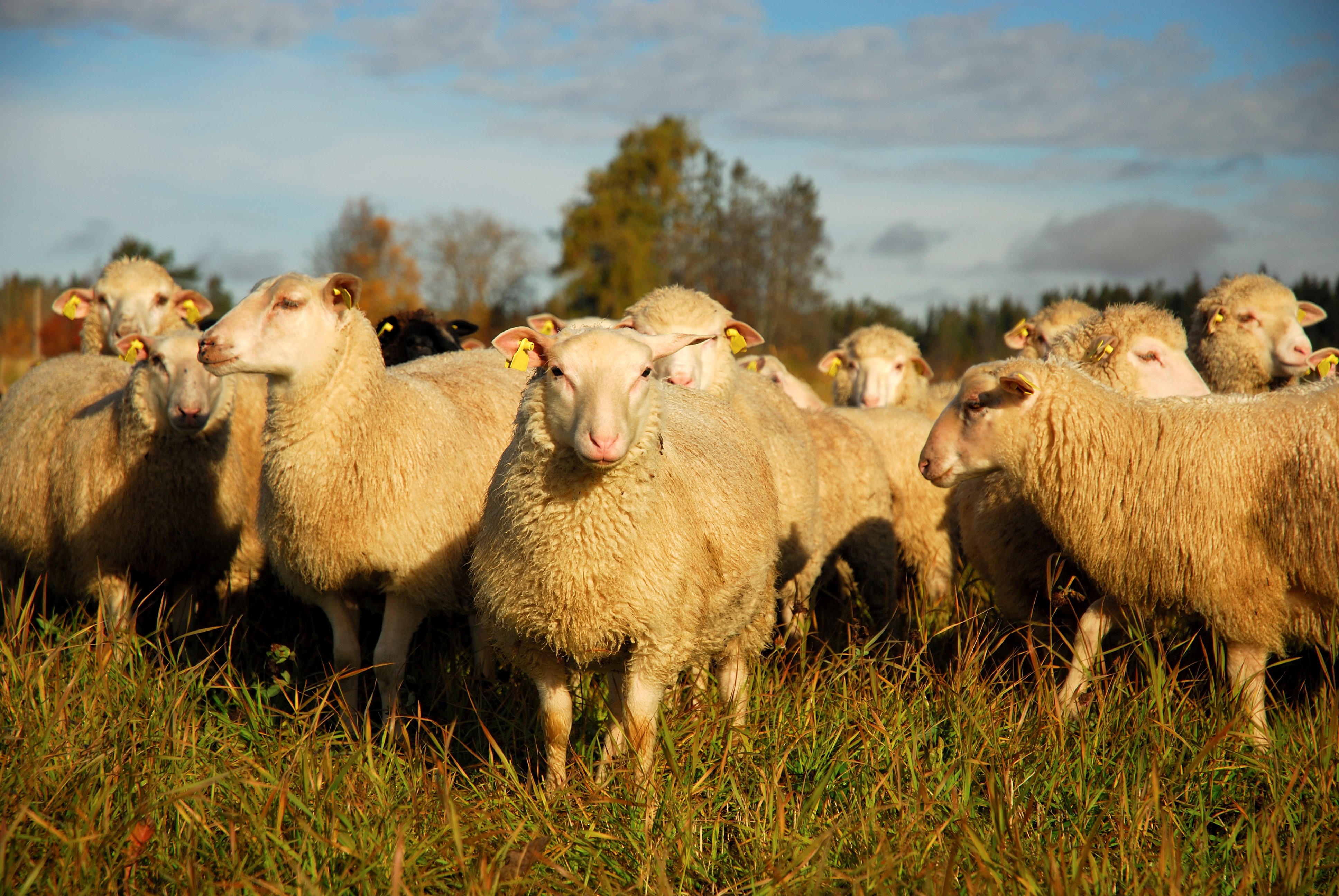Exotic diseases in UK, May 2019
In recent weeks, vets and scientists in the UK have made interesting but worrying discoveries in the field of animal health.
Firstly, the Hyalomma rufipes tick, which is a potential vector for a wide range of severe diseases, has been found in the UK for the first time.
The tick was removed from a horse in Dorset in late 2018, and was subsequently identified as Hyalomma rufipes by a research team from Public Health England. It is not known for sure whether this tick is one individual in a local population, or a single tick which could have been introduced to the UK on a migrating bird. The tick tested negative for the most severe of the diseases associated with the Hyalomma species, but did test positive for a rickettsial disease.
The habitat of the tick was limited by its inability to survive in cooler climates in the past. But the risk of the tick becoming established in the UK is likely to have increased because of the climate becoming warmer in recent decades.
Separately, cases of leishmaniosis have been diagnosed in two different dogs, which had never left the UK and did not have any of the usual risk factors for infection (which include travel to endemic areas, blood transfusion and involvement in breeding programmes).
In the first case, another dog in the household (which had previously been imported from Spain) had been euthanased due to Leishmaniosis six months prior to the case in point. Accordingly, dog to dog transmission is suspected. It is believed to be the first reported case of leishmaniosis caused by dog to dog transmission within the UK.
In the second case, the case dog had no history of contact with an infected dog. The dog’s owners had lived in Spain, and travelled there during 2018 without their pet. It is possible that they may have inadvertently brought infected sand flies, which are the vector for leishmaniosis, back from Spain in their luggage.
These events highlight the heightened risks posed by increasing movements of people and animals around the globe, and of the substantial changes in European temperatures. Those with animals under their care in this country are encouraged to make themselves aware of signs of the diseases described here, and to be vigilant regarding the heightened risk posed by exotic diseases due to globalisation and climate change.
Further information about canine leishmaniosis can be found at:
https://www.bsava.com/Resources/Veterinary-resources/Scientific-information/Leishmaniosis
Further information about the Hyalomma rufipes case can be found in the following journal article:
https://www.sciencedirect.com/science/article/pii/S1877959X18305181?via%3Dihub






